Burundian civil society organization PARCEM has sharply criticized the government’s new fiscal measures, warning that the 2025–2026 national budget relies heavily on burdensome taxes that could further strain the country’s fragile economy.
Speaking at a press conference on Friday, PARCEM’s chairperson Faustin Ndikumana described the newly introduced tax policies as poorly conceived and likely to hurt rather than help the country’s economic recovery.
“These continually increasing taxes, which are being imposed without proper assessment, are not going to boost tax revenues,” Ndikumana cautioned. “On the contrary, they will slow down the country’s economy. You cannot keep raising taxes and expect to gain from it.”
Tax Burden Grows as Spending Surges
The National Assembly approved a national budget in May totaling over 5,227 billion Burundian francs (BIF), marking a 10.5% increase from the previous fiscal year. To meet revenue targets—projected at around 4,790 billion BIF—the government introduced a raft of new taxes and levies across several sectors.
Among the most striking changes is a sharp hike in import surcharges. Taxes on imported beers, mineral water, and flavored carbonated drinks doubled from 50% to 100% of their customs value. Fees for nightclubs tripled to BIF 15 million annually, while travel documents such as passports and laissez-passer Burundian civil society organization PARCEM has sharply criticized also saw steep price increases.
The mining sector was not spared either. A new exploitation tax of 16%—up from 7%—was imposed, with the Ministry of Finance expecting the reform to generate 130 billion BIF in revenues.
Additionally, the new fiscal year introduced an IT fee of 0.25% on each customs declaration, and an administrative fee of 1%, with expected revenue impacts of 17 billion and 36 billion BIF, respectively. A 15% surtax was also slapped on imports of reinforcing steel (rebar), in what the government says is an effort to protect local manufacturers.
Criticism Mounts Over Feasibility and Impact
But critics argue that the government is overestimating the capacity of businesses and consumers to absorb the growing tax burden.
“Just the shortage of fuel alone has paralyzed key sectors like transportation and goods distribution,” Ndikumana said. “If business activity continues to decline, where does the government expect to collect these taxes from?”
He warned that the aggressive taxation strategy risks not only reducing consumer purchasing power but also deepening poverty across the country.
Economic analyst Diomède Ninteretse echoed these concerns. Speaking to local media in recent days, he said that essential goods have already become significantly more expensive, with market prices rising by over 30%.
“Taxes have been increased—particularly in areas where it wasn’t necessary—which is evident through inflation at the market level,” he said. “Many products that are essential for daily life have simply become unaffordable for ordinary citizens.”
Ndikumana further warned that if revenue targets fall short, the government might resort to borrowing, particularly from the Central Bank—something he says is already happening.
“The money supply is increasing at an unusual rate, which in turn is driving inflation,” he explained, adding that the state must reduce its reliance on internal debt by trimming wasteful expenditures.
Call for Fiscal Discipline and Reform
To stabilize the economy and restore public confidence, PARCEM urges the government to reorient its fiscal priorities. Ndikumana called for the creation of a special commission to monitor government spending and ensure budget allocations reflect national development priorities.
“The budget should not just be a tool for collecting taxes—it should drive economic growth and recovery,” he said. “Instead of arbitrary tax hikes, let’s cut down on unnecessary government missions, vehicle purchases, and other non-essential expenses.”

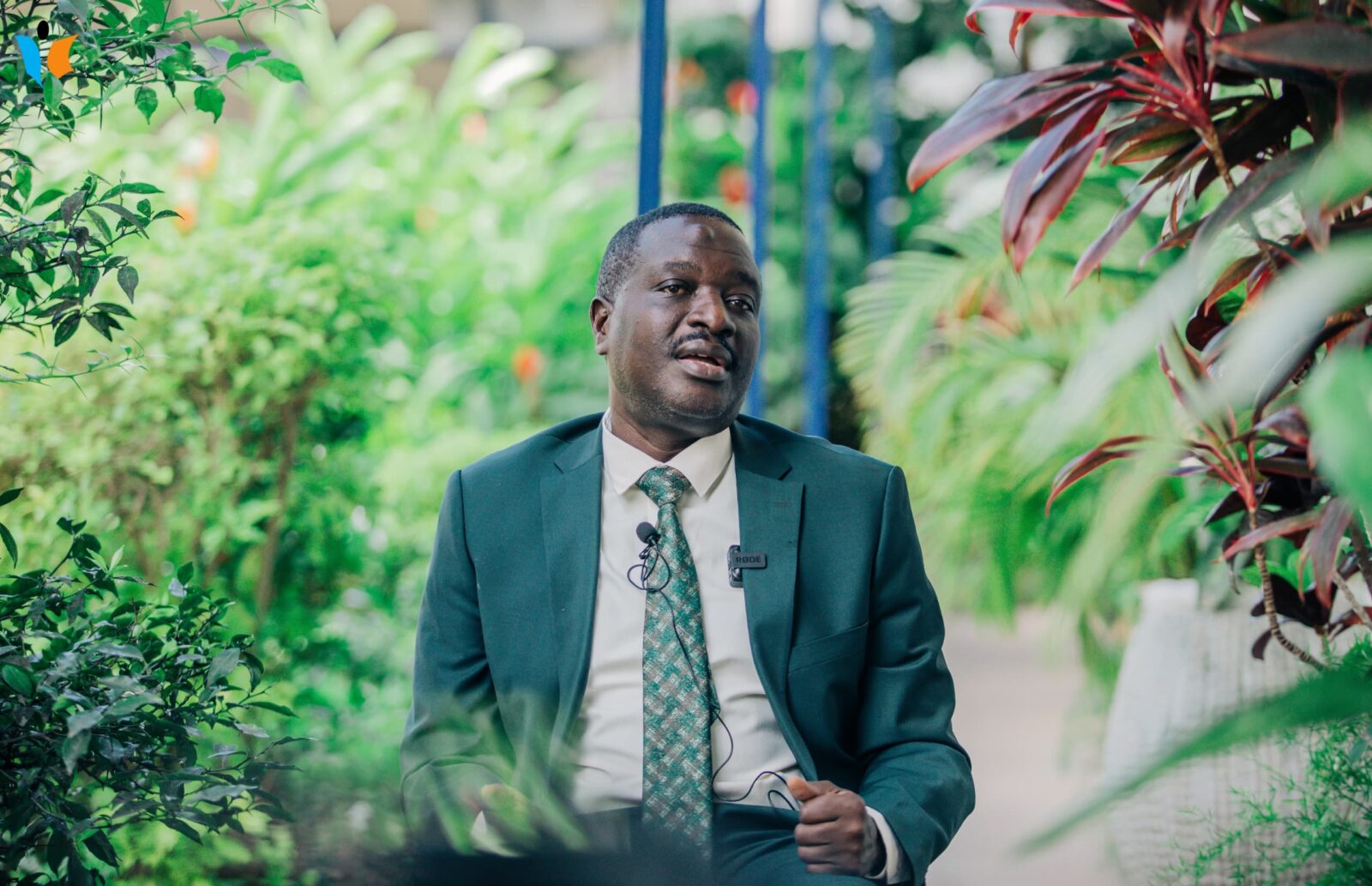
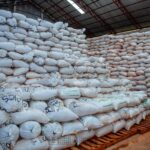
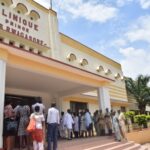
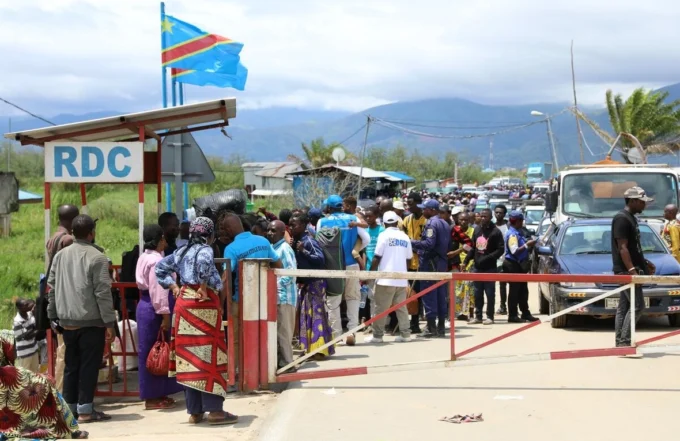
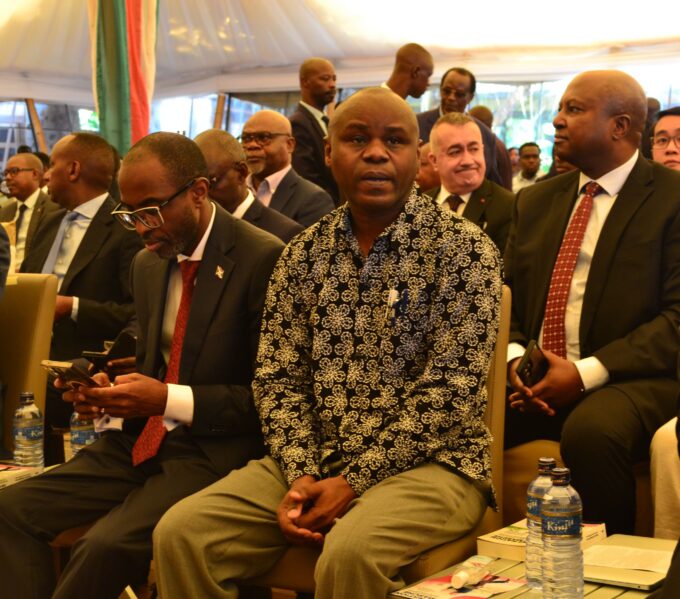

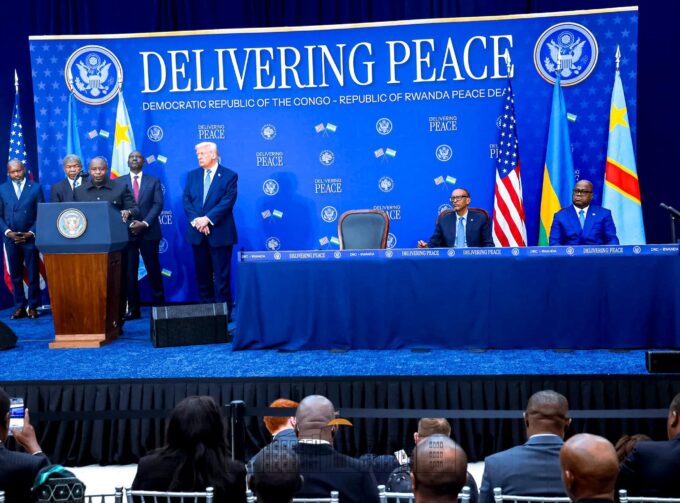
Leave a comment